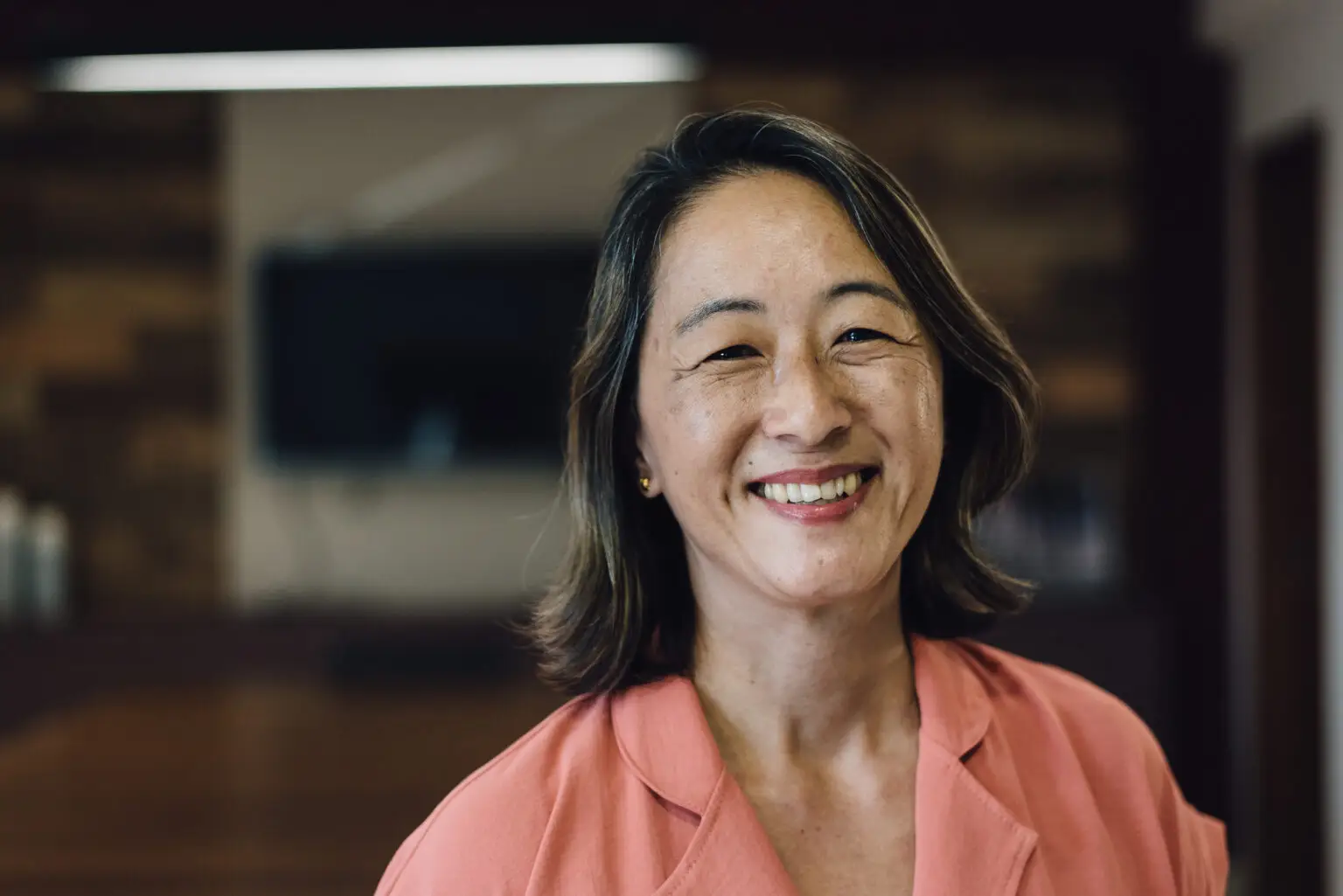We’re committed to keep you updated on the latest developments in breast cancer. This week, we’re sharing some updates that could influence your care–depending upon your breast cancer type and stage.
Read on for more details.
AstraZeneca and Daiichi Sankyo announce phase III clinical trial results for datopotamab deruxtecan
The pharmaceutical companies announced that their jointly developed treatment, referred to as Dato-DXd, achieved positive high-level results from the TROPION-Breast01 Phase III trial. This means that, for patients with inoperable or metastatic HR-positive, HER2-low or negative breast cancer who were previously failed by endocrine therapy and one or more systemic therapies, Dato-DXd improved progression-free survival compared to the patient’s physician’s choice of chemotherapy. We’ll monitor developments as the trial continues and the regulatory submission process unfolds. These initial results are generating attention given the potential for a second-line treatment option for metastatic breast cancer patients who have an HR-positive, HER2-low, or HER2-negative diagnoses who have developed a resistance to endocrine therapy.
Non-invasive ultrasound might help early-stage breast cancer patients forgo sentinel lymph node biopsy (SLNB)
The SOUND Randomized Clinical Trial found that, for patients with early-stage breast cancer who have small tumors and negative ultrasounds for the surrounding lymph nodes, there was no difference when comparing the five-year survival rate among patients who underwent SLNB compared to those who didn’t. The study raises the question of whether imaging can replace lymph node biopsies for early-stage patients prior to physicians’ prescribing adjuvant therapy.
Wellness practices and their relationship with early onset of breast cancer
CancerNetwork® spoke with Monique Gary, DO, MSc, FACS about new data reporting on early onset cancer being driven by breast and gynecologic cancers. The study uncovered “that the increase in cancer in younger individuals is being driven by cancers in women and adults in their 30s.” Additionally, factors including a sedentary lifestyle, obesity, mental health, depression, anxiety, and stress can contribute to early onset cancer–and Gary believes in addition to updated screening policies, a hyperfocus on wellness is key to decreasing the risk of both initial cancer diagnosis and recurrence.
Connect with one of our oncology nurse practitioners via the Ask Outcomes4Me button in our app if you have any questions related to these announcements.



